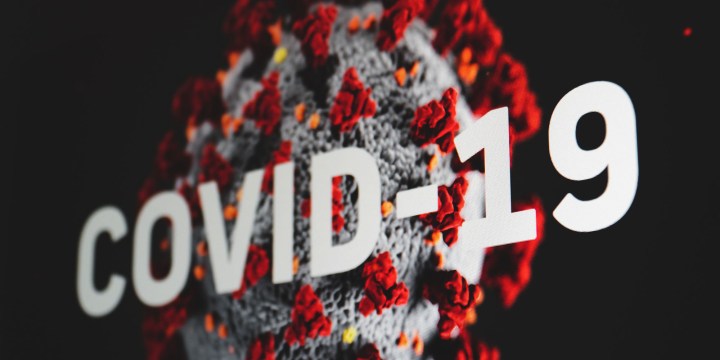PANDEMIC UPDATE
WHO says Kraken ‘misses’ indicator for severe disease, NICD believes it could become dominant strain in SA

There is no evidence that the Covid-19 variant, XBB.1.5 — nicknamed Kraken — will cause more severe disease, said the World Health Organization in a risk assessment.
A preliminary risk assessment done by the World Health Organization (WHO) has found that the Kraken subvariant of Omicron (XBB.1.5) does not have a specific genetic mutation associated with variants that cause severe disease.
“Severity assessments are ongoing. XBB.1.5 does not carry any mutation known to be associated with potential change in severity (such as S:P681R),” the report reads.
The WHO, however, called on more countries to do a rapid assessment of the situation, saying there is currently very little data available. According to the risk assessment, the subvariant is now found in 38 countries.
“Based on its genetic characteristics and early growth rate estimates, XBB.1.5 may contribute to increases in case incidence. To date, the overall confidence in the assessment is low, as growth advantage estimates are only from one country, the United States of America,” the report reads.
The WHO called for more studies to assess the potential of XBB.1.5 to escape either vaccine- or infection-acquired immunity, and also on whether the subvariant caused more severe disease.
The European Centre for Disease Control (ECDC) this week issued a statement saying it looks like XBB.1.5 will have a growth advantage over the other subvariants in circulation, but such estimates are “associated with significant uncertainty”.
Visit Daily Maverick’s home page for more news, analysis and investigations
The statement confirmed that XBB.1.5 was only present at very low levels in Europe. The variant has been detected in Austria, Belgium, Czechia, Denmark, France, Germany, Iceland, Ireland, Italy, the Netherlands, Portugal, Romania, Slovenia, Spain and Sweden.
The ECDC said there was some data showing this subvariant was more transmissible than its predecessors.
Like the South African National Institute for Communicable Diseases (NICD), the ECDC emphasised that there is not enough data yet to assess any change in infection severity associated with the variant.
On Wednesday, the NICD explained that XBB.1.5 might become the dominant strain in South Africa, as US data shows it has a “growth advantage” due to increased transmissibility.
The subvariant was detected in a single sample taken in late December.
As it was a random sample, neither the identity of the patient nor their condition is known. Health Minister Dr Joe Phaahla said that while the subvariant was detected by the University of Stellenbosch, it does not mean the sample came from someone in the Western Cape.
Coronavirus levels in the country remain low, according to the latest results of wastewater analysis.
Scientists, led by Prof Angela Matthee from the Medical Research Council, said in their latest report that they had found particles of several Omicron BA.5 sublineages in their tests. Their samples were taken up until 20 December 2022.
The report states that the levels of coronavirus particles in Gauteng (Tshwane, Johannesburg and Ekurhuleni), KwaZulu-Natal (eThekwini), Free State (Mangaung), the Eastern Cape (Buffalo City and Nelson Mandela Bay), and the Western Cape (City of Cape Town), remained low.
An increase in viral particles in wastewater is an early indicator of ongoing community transmission and possible outbreaks of the disease. But these must be backed up by clinical data from laboratory tests before an outbreak is declared. DM/MC
"Information pertaining to Covid-19, vaccines, how to control the spread of the virus and potential treatments is ever-changing. Under the South African Disaster Management Act Regulation 11(5)(c) it is prohibited to publish information through any medium with the intention to deceive people on government measures to address COVID-19. We are therefore disabling the comment section on this article in order to protect both the commenting member and ourselves from potential liability. Should you have additional information that you think we should know, please email [email protected]"




